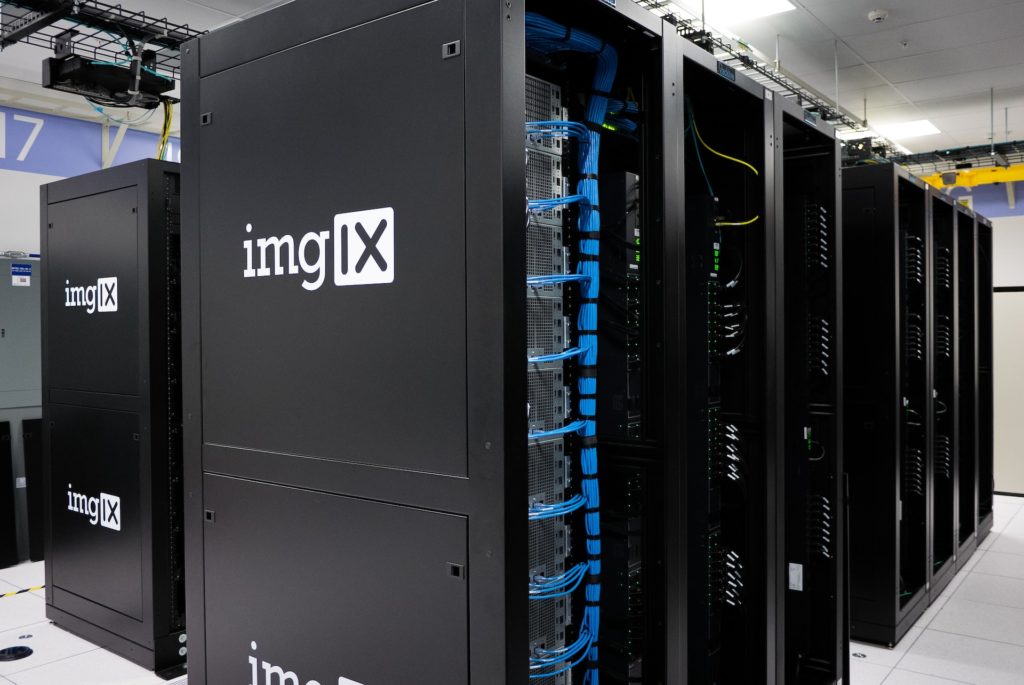Data loss poses a significant risk to businesses of all sizes. A single data breach has the potential to result in the loss of millions of dollars in revenue, productivity, and customer goodwill. Consequently, having a robust backup solution in place is imperative.
Backup resiliency refers to a backup solution’s capacity to endure disruptions and failures. An effective backup solution possesses the capability to recover data even in the face of disasters such as natural calamities, cyberattacks, or hardware failures.
Do you have a software/mobile development project in mind? Contact us today and let us help you turn your idea into reality. We have the skills, experience, and passion to create amazing solutions for your business needs. Email us at sales@nesesho.com
Want to know more about our Tech Solutions? Visit us at www.nesesho.com
Outlined below are 10 tips to ensure backup resiliency:
1. Employ multiple backups
Rely not solely on a single backup but maintain multiple backups stored in distinct locations. This strategy safeguards your data should one of the backups become lost or corrupted.
2. Store backups off-site
A local backup is insufficient. Instead, store backups off-site in a secure location. This arrangement safeguards your data in the event of a disaster affecting your primary location.
3. Opt for a cloud-based backup solution
Cloud-based backup solutions are suitable for businesses requiring off-site backup storage. Such solutions are easy to manage and can be scaled as needed.
4. Encrypt backups
Encrypting backups safeguards them against unauthorized access.
5. Regularly test backups
Regular testing of backups is crucial to ensure their proper functionality, enhancing the likelihood of successful data recovery when needed.
6. Develop a disaster recovery plan
Establishing a disaster recovery plan aids in restoring business operations following a disaster. The plan should encompass steps for data restoration from backups.
7. Maintain up-to-date backups
Regularly update backups to incorporate the most recent data. This practice protects against data loss stemming from recent data alterations.
8. Choose a reputable backup solution provider
When selecting a backup solution provider, prioritize those with a solid reputation and a proven track record.
9. Stay current with backup technologies
Given the constant development of new backup technologies, staying informed about the latest advancements ensures the selection of the most suitable solution for your requirements.
10. Involve employees in backup planning
Employee awareness of the significance of backups and their proper usage is essential. Adequate training in creating and restoring backups is necessary.
By adhering to these recommendations, you can guarantee the resiliency of your backup solution and effectively shield your data from potential loss.
Additionally, enhancing backup solution resiliency involves a few additional measures. Utilizing deduplication tools reduces backup size, conserving space and bandwidth for heightened resilience. Furthermore, compression tools can shrink backup sizes, further aiding in space and bandwidth conservation.
Lastly, conducting regular reviews of your backup solution is essential to ensure ongoing suitability. As your business evolves, so too might your backup requirements. Regular assessments of your backup solution guarantee it remains up to date and continues to safeguard your data efficiently.
Do you have a software/mobile development project in mind? Contact us today and let us help you turn your idea into reality. We have the skills, experience, and passion to create amazing solutions for your business needs. Email us at sales@nesesho.com
Want to know more about our Tech Solutions? Visit us at www.nesesho.com



